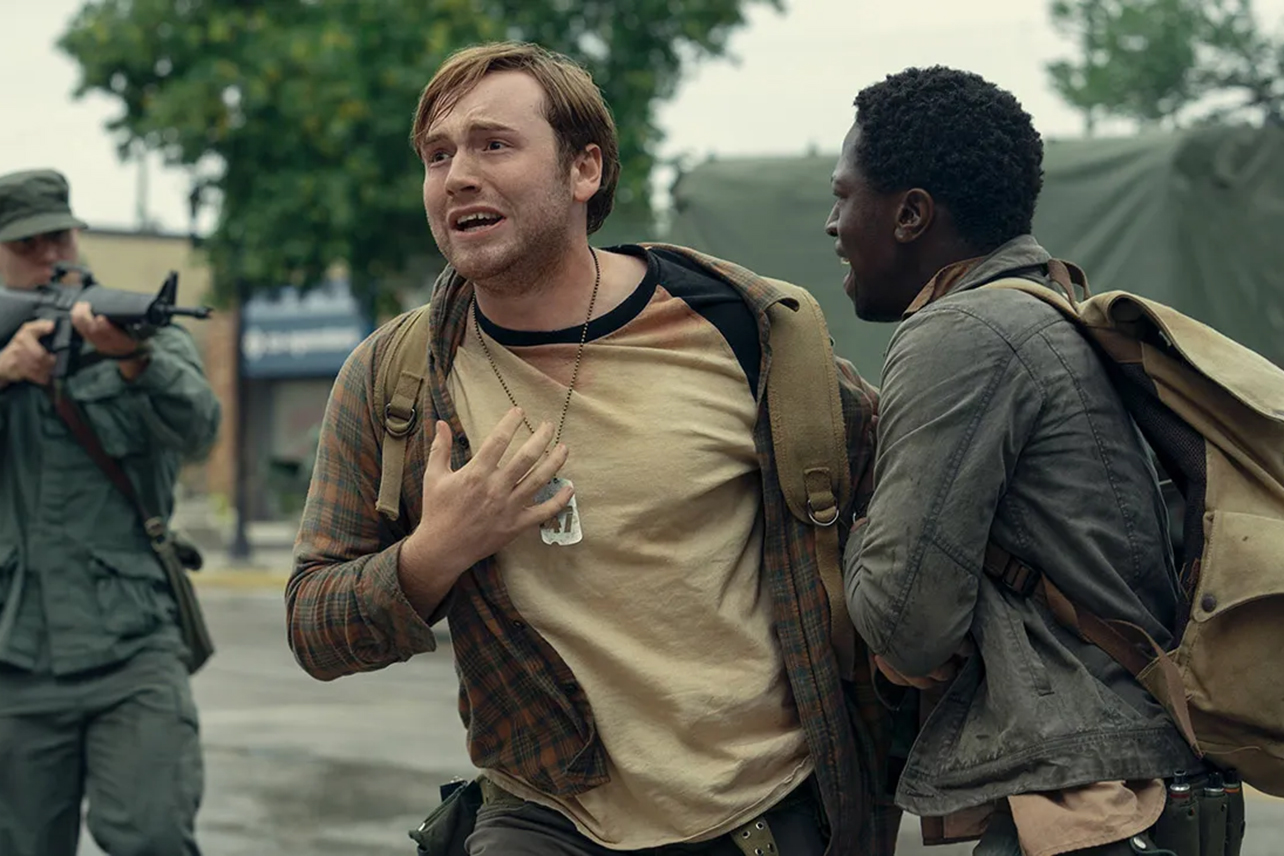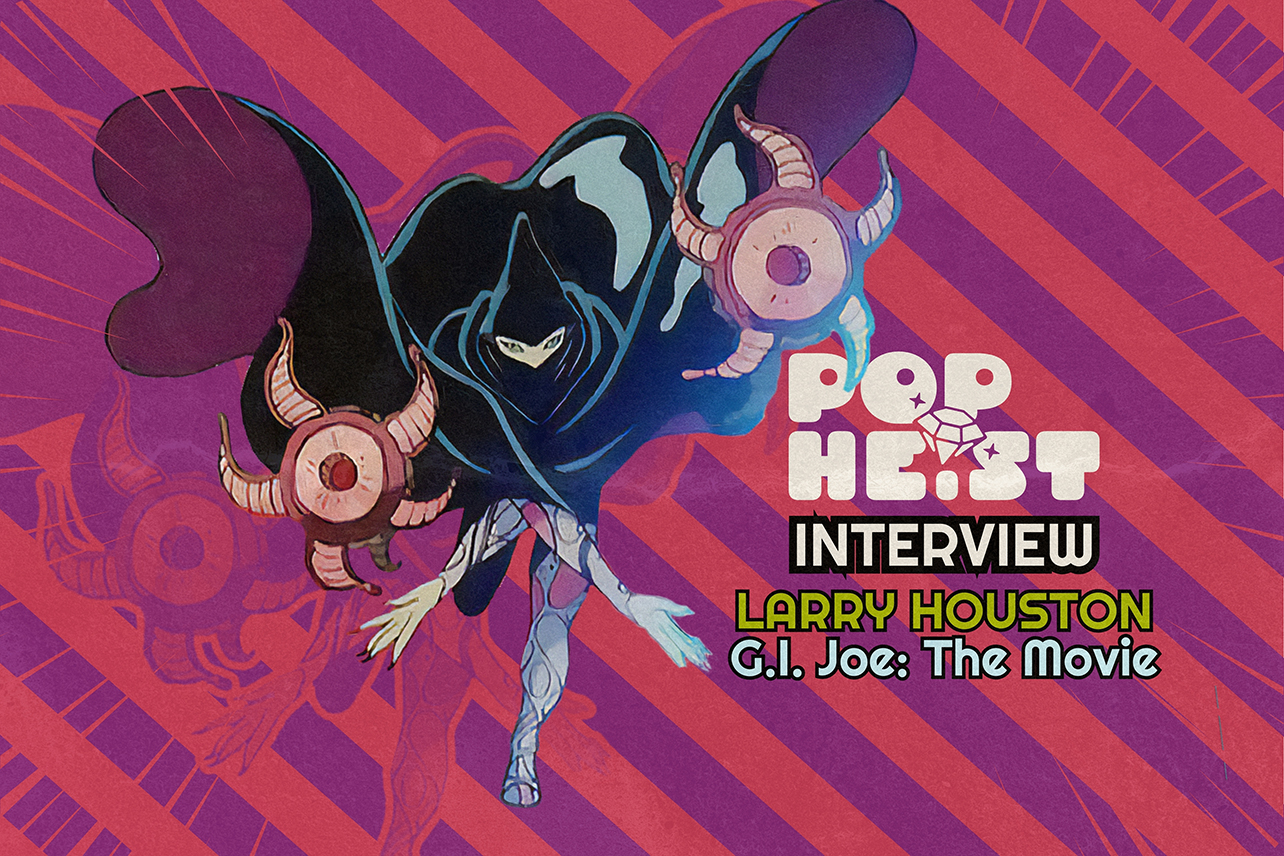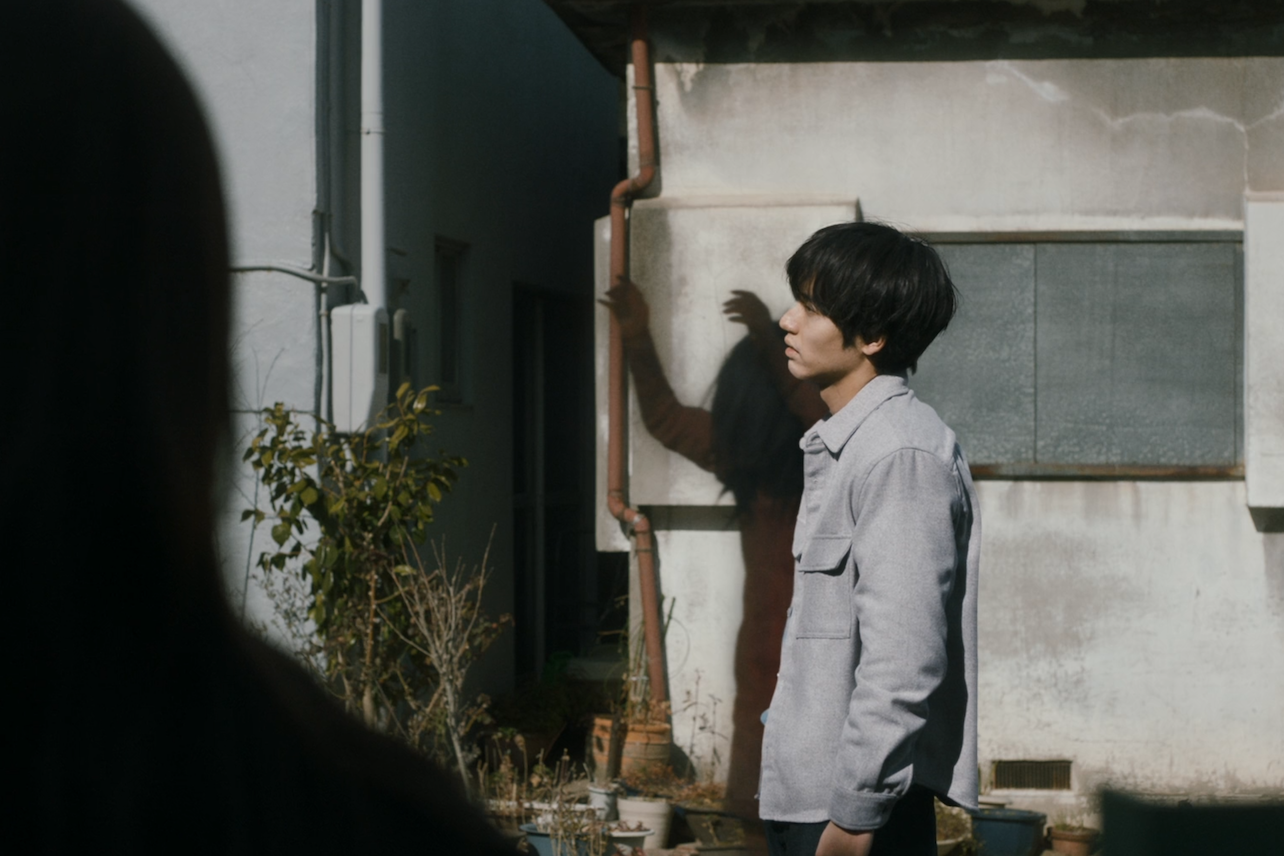The Long Walk
Writers: J.T. Mollner; based on the novel by Stephen King (writing as Richard Bachman)
Director: Francis Lawrence
Cast: Cooper Hoffman, David Jonsson, Garrett Wareing, Tut Nyuot, Charlie Plummer, Ben Wang, Roman Griffin Davis, Jordan Gonzalez, Josh Hamilton, Judy Greer, Mark Hamill
Maine. Tomorrow. Fifty teenage boys, all strangers, meet in the morning for a walk. They signed up for this, chosen by lottery. A life-changing cash reward waits for one of them. For that and a grand prize of their own choosing, forty-nine boys will die.
The rules are simple. Maintain a pace of at least 3mph. Do not leave the road. Do not fall behind. You will be issued three warnings, at which point your ticket will be punched. The soldiers carry carbines and cantines, both for you.
Smile. The cameras are watching. They're right there, mounted on the tanks.
The Things They Carried
This might as well be Francis Lawrence's fifth Hunger Games film. This time, he eschews a mad sprint to the Cornucopia for a sobering death march. Nothing too flashy here. Edgar Wright's forthcoming adaptation of The Running Man is sure to pick up the tempo in that regard. You never want to find yourself in a timeline where any of Uncle Stevie's notoriously bleak Bachman books feel prescient or timely, but here we are. Two adaptations in a calendar year. These will make for fascinating companion pieces, if not a breezy double feature.
Screenwriter J.T. Mollner wisely streamlines the starting lineup of walkers from 100 in the novel to 50 here. That means David Jonsson's McVries trades #61 for #23. Most of the core characters remain with some traits and backstories redistributed from those lost to the cull. The harrowing journey remains anchored by the bright and determined Ray Garraty (Hoffman) and fast friend Peter McVries, other characters wandering in and out of their orbit over the days and miles. There's Tut Nyot as Art Baker, an easygoing Christian. There's Hank Olson (Wang), a scrappy kid whose bluster provides much of the levity. McVries dubs them the "musketeers."
As it goes, there are also pebbles in their shoes, antagonists like Gary Barkovitch (Plummer), a boy who delights in the others' suffering, snapping photos at their lowest moments. Joshua Odjick plays Collie Parker, an angry cynic who rarely fails to dampen the mood. Then, who could really blame him? Somewhat diminished from his near-antichrist role in the novel, the enigmatic Stebbins (Wareing) drafts along behind them, a constant, sneering threat.
Mark Hamill oversees it all as the gruff General, founder of the Walk. He hides behind reflective aviators like all the best profile pictures in all the best comment sections. Though the character is largely an authoritarian cipher in olive drab, Hamill imbues the part with a boorish lethargy you'll likely find familiar. Coriolanus Snow he is not. This guy just rolled out of bed.
There's little pomp to this gauntlet. The horrors are absurdist, but we could say the same of the world outside the theater. These are the kids King saw lined up to give their lives in Vietnam. Worn caps and canvas shoes, foil-wrapped sandwiches in their rucksacks. Nothing supernatural. Set pieces amount to the monotony of the country road giving way to a sudden incline. Occasionally a boy trips or slows down to massage a charlie horse, incurring another warning. Violence arrives swiftly, often in the form of graphic executions.
Early on, McVries fears he'll never get used to the sounds of the rifles. Garraty says it's the "getting used to" he fears the most.
"Fuck," I mutter into my popcorn.
23 and Me
Though this ranks among the more faithful King adaptations, the filmmakers broke one cardinal rule of the source material to great effect: the boys aren't meant to make physical contact. Obviously characters fudge this rule throughout the book when coaxed into a fight. That happens here, too. But the film also allows characters like Garraty and McVries to drape their arms around the other's shoulder, never provoking a warning from the soldiers. Early on, Garraty turns around to coach the kid from Jojo Rabbit through a painful leg cramp, holding him close to make direct eye contact. The boys of the novel are islands unto themselves, mostly bonding through boasts and stories. Here, there's a visible intimacy of touch. They huddle. They physically lean on each other. This is meaningful choreography. It sounds simple, but the staging is critical given the very nature of this narrative.
This is a love story. The extremes of their circumstances push the bounds of friendship. The boys call it brotherhood, but it's more than that. McVries can be read as queer in the book as well as the film. Though Garraty mentions a girlfriend when pressed, much of the locker room talk from the text is excised. The film also banishes the crowds from the sidelines, including the female groupies cheering the boys along. There's a whole incident in the book where one of the walkers rushes the crowd to kiss and grind on one such girl, retreating just in time to avoid a bullet. That's absent. Barkovitch makes a weak attempt at homophobic barbs, but our core group shuts that nonsense down with swift efficiency.
Garraty and McVries exhibit an unguarded affection and tenderness that's lovely to see on screen. Cooper and Jonsson enjoy an easy chemistry that invites comparison to Andy and Red of The Shawshank Redemption or, more directly, Gordie and Chris from The Body/Stand by Me. There's plenty of toxic masculinity on display, to be sure. But the other kind really shines here.
That makes the inevitable punctuation of deaths all the more harrowing. This is a war film and comrades fall. Even when the most obnoxious boys meet their ends, they're never rendered as anything other than human. Whether their motives for signing on for this marathon are noble or nihilistic, these are boys run through the thresher of capitalist violence — yes, there's absolutely an economic component to all this — and each loss hurts.
This is tough going, and it begs conversation about altruism in the face of monstrous evil. Does a good man lose himself, necessarily, in fighting the good fight? Despite the overtness of the road metaphor, it manages to escape feeling didactic, if only because the characters are so well-realized, their wants and fears so deeply resonant.
The Long Walk is my favorite of the Bachman books. Though I'll probably always wonder what Frank Darabont's proposed adaptation might've looked like, this iteration hardly stumbles. It's a haunting vision of totalitarian cruelty normalized unto ritual and pageantry. It's a love story full of warmth and fellowship. It's some pretty good King.
If you haven't already, consider supporting worker-owned media by subscribing to Pop Heist. We are ad-free and operating outside the algorithm, so all dollars go directly to paying the staff members and writers who make articles like this one possible.






